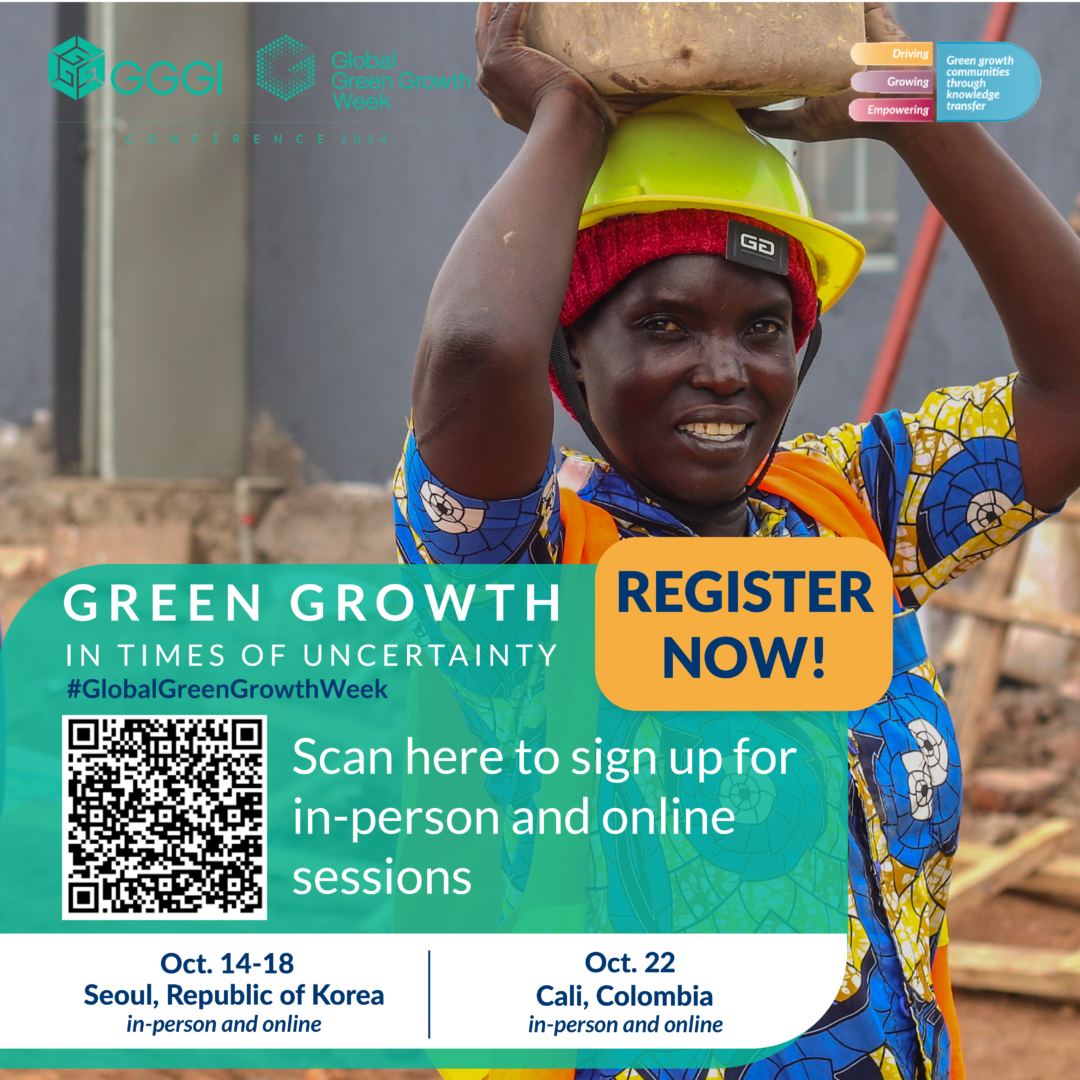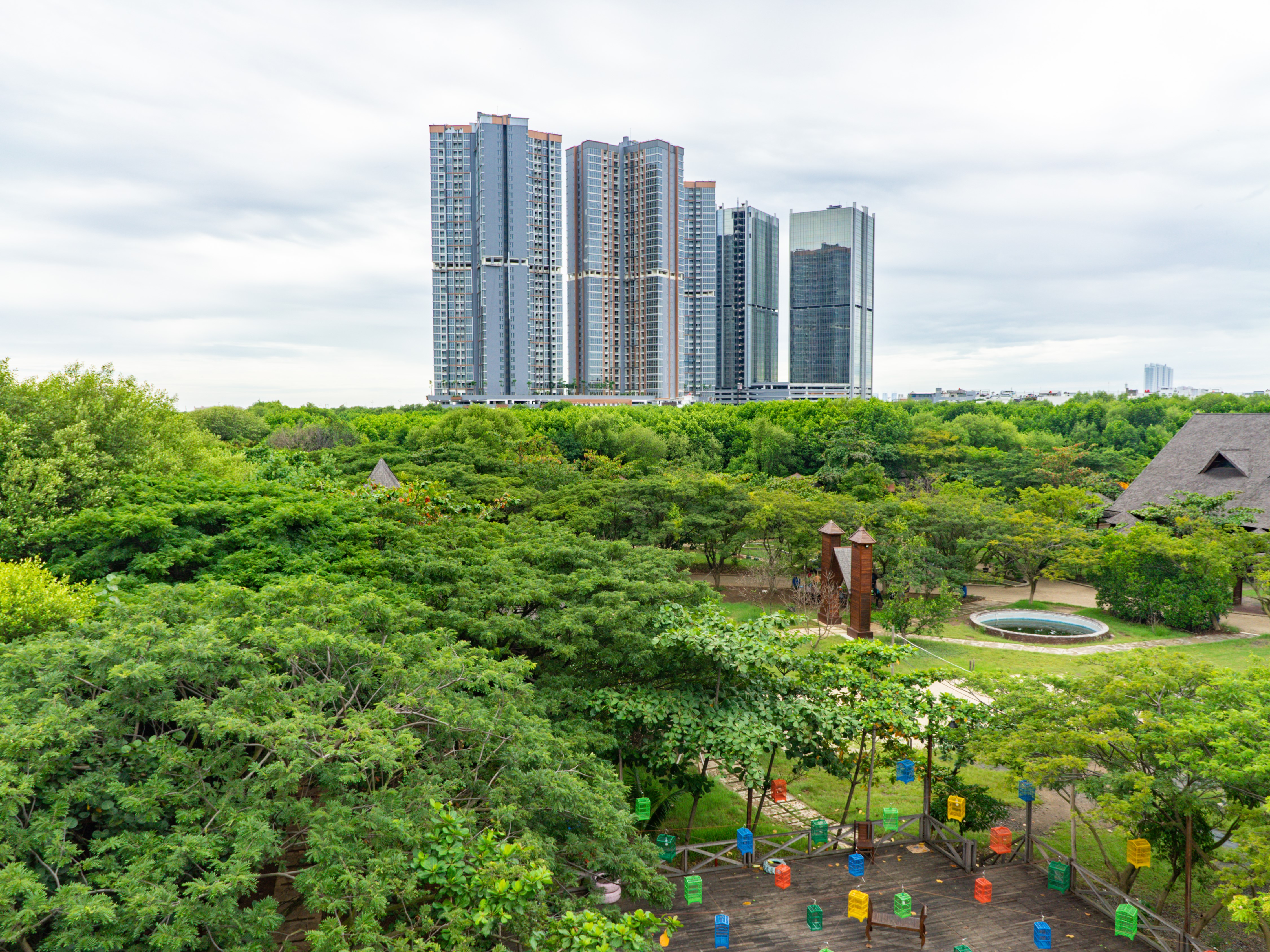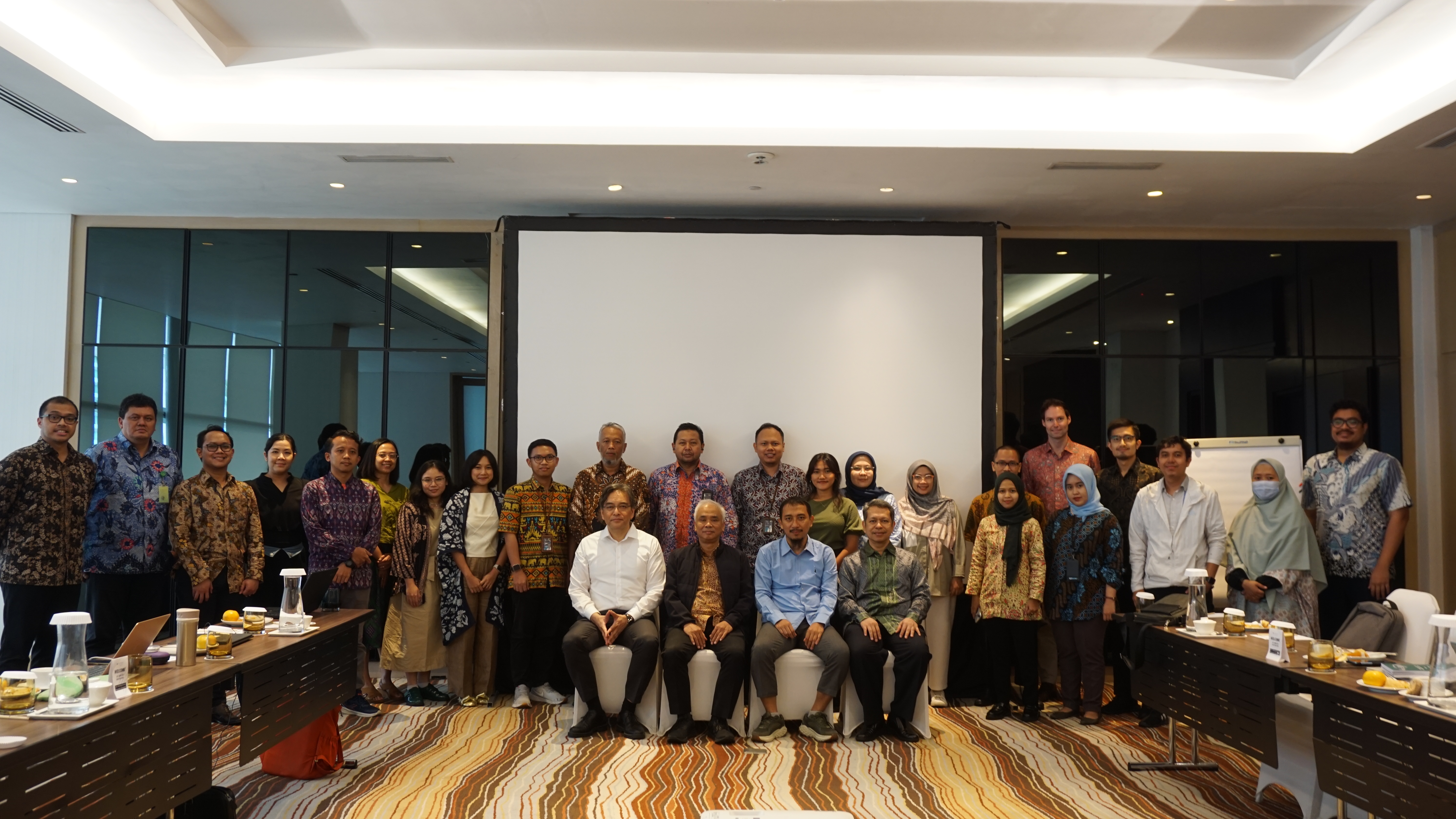Bio-CNG Commercialization Potential for Clean Energy Transition
Biogas utilization through Palm Oil Mill Effluent (POME), cattle, and Municipal Solid Waste (MSW) potentially supporting Indonesia’s transition to clean energy by improving and upgrading it to Biomethane, which then compressed to Bio-CNG (Compressed Natural Gas). To support the development of Bio-CNG’s market in Indonesia, the Directorate General of Renewable Energy and Energy Conservation (DG EBTKE) and GGGI held a Workshop on Bio-CNG and Municipal Solid Waste (MSW) Technology on January 27, 2022. The goal of the event was to help the bureaucrats and practitioners to improve their knowledge on the potential of Bio-CNG commercialization in Indonesia.
In his remarks, Director of Bioenergy DG EBTKE, Ir. Edi Wibowo, conveyed that the comprehension obtained from the workshop will support Indonesia in taking a more significant role in incorporating Bio-CNG into the domestic biogas market. On the same occasion,Thomas Wagner, a seasoned practitioner in biogas development, including Bio-CNG in Indonesia, presented the potential of POME. Continued by Dr. Eng. Mochamad Syamsiro, academia from Janabadra University and practitioner in Waste to Energy (WtE). He explained the general MSW management and its conversion potential to Bio-CNG.
In general, Indonesia has great potential for Bio-CNG raw materials. However, the commercialization of Bio-CNG can only be realized if there are open and clear regulations, incentive schemes from the government, and reasonable industry standards to attract investors from the private sector. Through this event, knowledge and learning about Bio-CNG processing technology and the driving factors for its commercialization can be used as a provision to formulate excellent and targeted policies.
POME is believed to have several benefits, including reducing imports of fossil fuels, creating jobs, especially for local communities, improving environmental quality, and having export potential. In addition, the MSW, which is currently a challenge in various regions, also has great potential by shifting the paradigm from waste as a source of problems into waste as a resource, one of which is as a source of energy. One of the pilot projects is PLTSa Putri Cempo, Solo, which will operate in April 2022 and generate 2.5MW of power.




